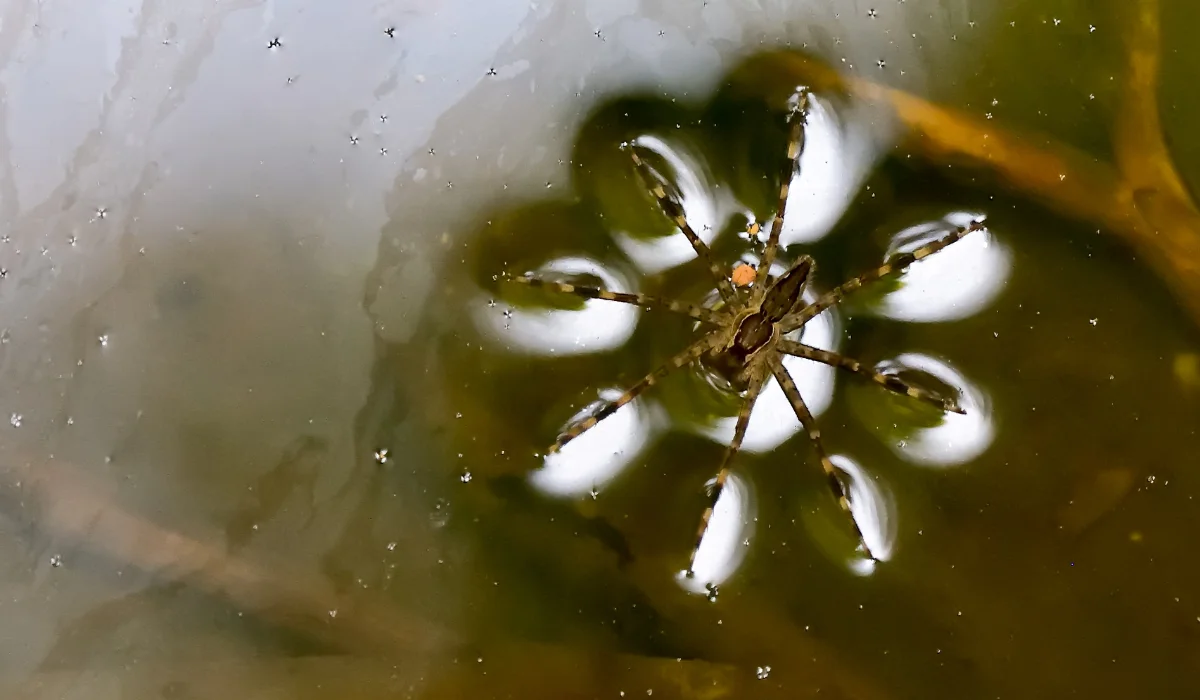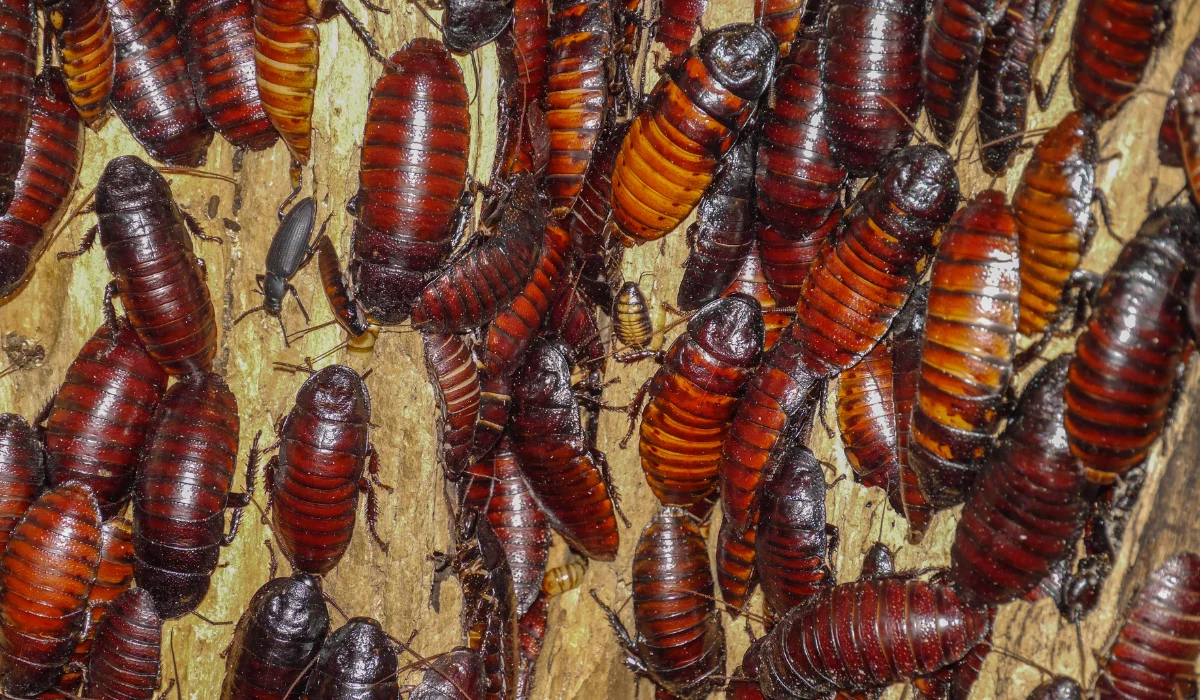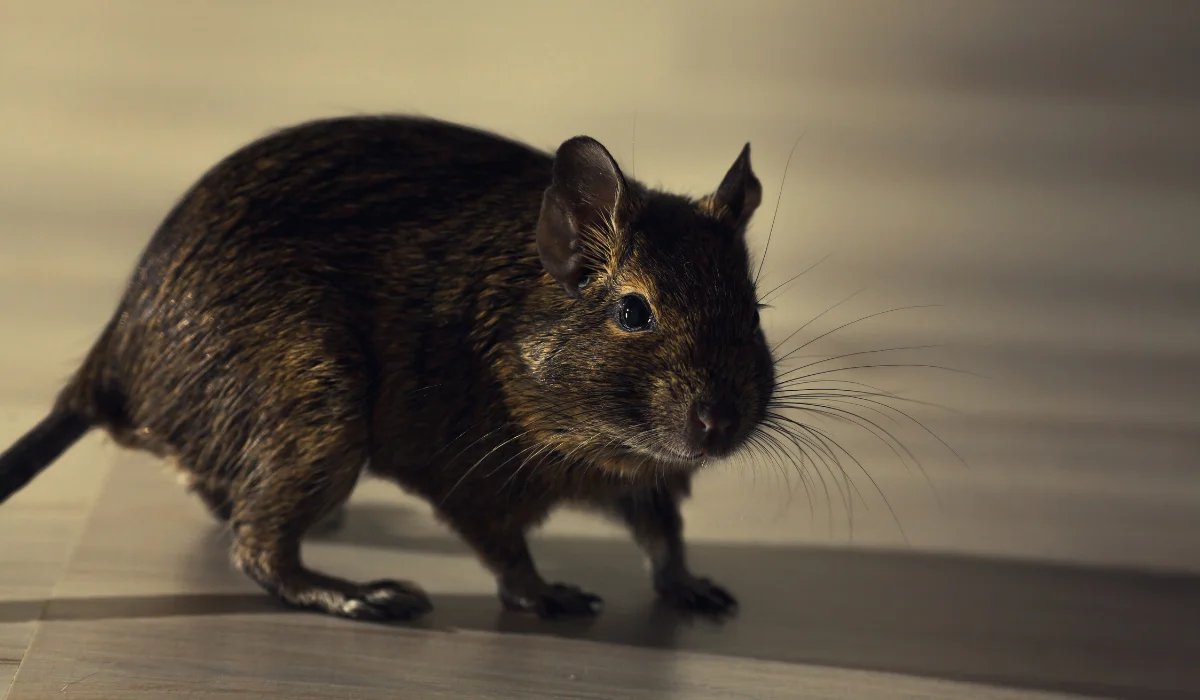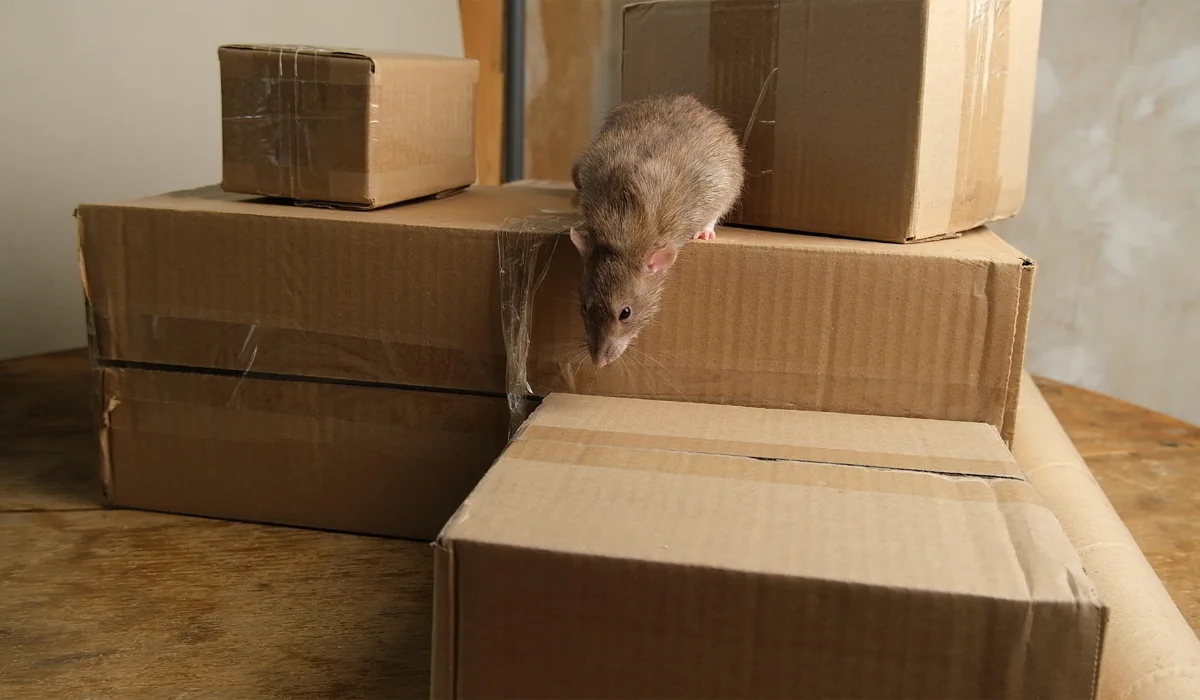Have you ever spotted a spider effortlessly gliding across a shimmering bayou? Fishing spiders in Louisiana are fascinating creatures that catch their prey on the water’s surface.
As water levels and temperatures change, these arachnids play a unique role in the ecosystem. Keep reading to discover what makes them so remarkable!
Key Takeaways
- Fishing spiders are large, aquatic predators often found near water in the U.S. and Canada.
- These spiders are harmless to humans but may become a nuisance if they wander into homes.
- Fishing spiders do not rely on webs for hunting and prefer damp, dark areas for hiding.
- Sealing entry points, fixing leaks, and reducing clutter can help prevent fishing spiders in homes.
WHAT ARE FISHING SPIDERS?
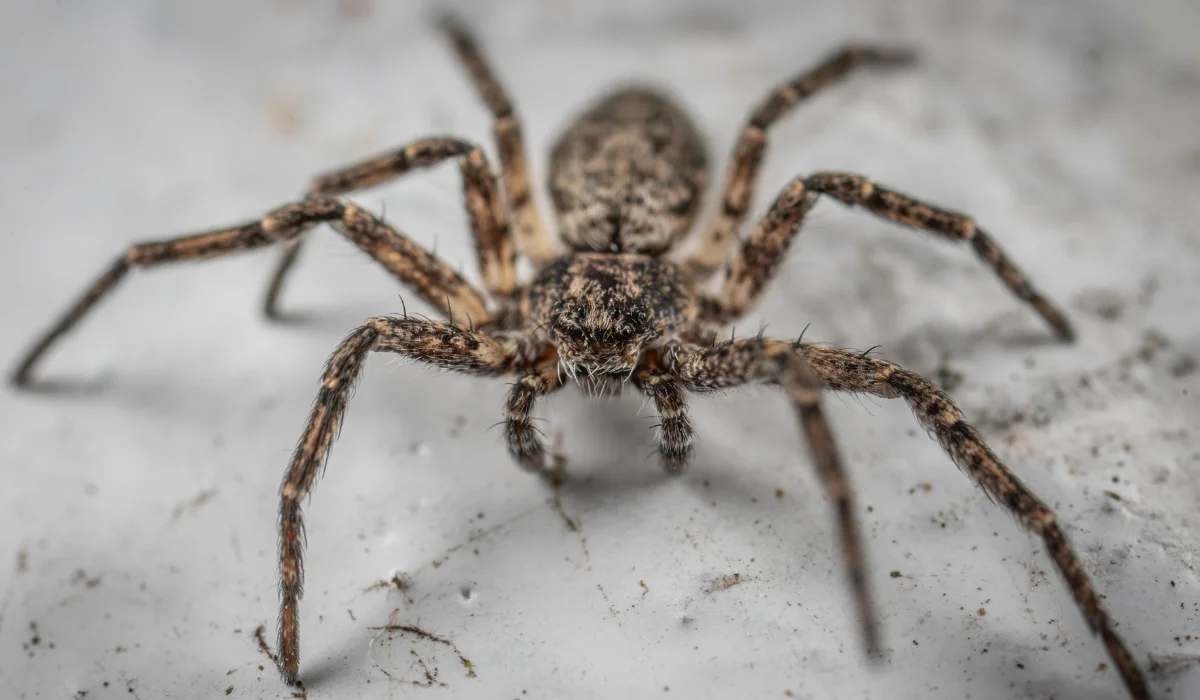
Fishing spiders are large spiders often found near water bodies in North America. They use their front legs to capture aquatic prey like tadpoles and small fish skillfully.
Physical Characteristics
Fishing spiders from the Pisauridae family are quite sizable. These arachnids exhibit a leg span that can reach up to 3 inches. This makes them easily noticeable in their natural surroundings. Although variations exist, their bodies have distinct brown markings against a light brown backdrop.
Common species include the Dark Fishing Spider and the Triton Fishing Spider. They have been observed to capture prey with their eight legs underwater using air bubbles. This unique trait sets them apart from many other spider species.
Common Habitat
Fishing spiders thrive in moist environments. They are common in the United States and Canada. Areas like Louisiana, Texas, and Florida are popular habitats for these spiders. They prefer regions close to creeks, ponds, and marshes. It isn’t uncommon to see them resting on docks or plants along the banks of these water bodies.
Diet and Behavior
Fishing spiders are versatile predators. Their diet mainly consists of small fish, tadpoles, and aquatic insects. They patiently wait by the water’s edge, using their sensitive front legs to detect vibrations. Once they feel movement in the water, they swiftly launch at the prey and use their powerful bite to subdue it.
FISHING SPIDERS VS. OTHER PREDATORY SPIDERS
Fishing spiders in Louisiana are known for their unique skills. Unlike other predatory spiders, they thrive near water and can capture prey on its surface. They are adept swimmers and divers.
Here’s a quick comparison table:
| Spider Type | Distinct Features |
|---|---|
| Fishing Spider | Ambushes prey near water, relying on strong swimming skills to capture food. |
| Wolf Spider | Hunts with speed and surprise, using natural camouflage and avoiding web-building. |
| Jumping Spider | Pounces on prey with powerful leaps, renowned for their precise jumping ability. |
| Orb Weaver | Weaves intricate webs to trap prey, showcasing remarkable web-building skills. |
| Black Widow | Entraps prey in webs, easily identified by their iconic red hourglass marking. |
| Nursery Web Spider | Ambushes prey while using silk draglines, known for protecting their spiderlings. |
| Six-Spotted Fishing Spider | Dives and walks on water to catch prey, recognized by the six distinct spots on their body. |
ARE FISHING SPIDERS DANGEROUS TO HUMANS?
Despite their large size and swift movements, fishing spiders pose little danger to humans. Their diet mainly consists of aquatic insects and small fish, and they generally avoid human interaction.
Spider bites are uncommon and typically result in mild irritation, far less serious than reactions to bee stings. Severe allergic reactions to their bites are exceedingly rare. Most issues arise when people handle them or unintentionally disturb their natural habitats.
HOW TO PREVENT FISHING SPIDERS IN LOUISIANA HOMES
If fishing spiders are frequent unwelcome guests at home, it’s time to take action. Here are some easy steps to follow to keep these critters at bay.
- Seal cracks and gaps in windows, doors, and walls using caulk.
- Remove clutter from basements, garages, and other spider-friendly areas.
- Fix any leaky faucets or pipes.
- Regularly trim the shrubs and grass around the house.
- Consider using yellow or sodium vapor lights for porches and entryways.
- Install fine mesh screens on windows and vents.
IS IT TIME TO CALL SPIDER EXPERTS
If these spiders keep popping up despite efforts to keep them out, professional pest control might be needed. To control the situation, they can identify entry points and use targeted treatments, including exclusion methods or spider traps.
Whether you’re in Baton Rouge or New Orleans, seeking expert help should be easy. For immediate intervention for a severe infestation, let Lajaunie’s spider control specialists tailor a solution that’s right for your home.
For more information about our services, visit our service page.
Related: How to Get Rid of Fishing Spiders
 By: LaJaunie's Pest Control
By: LaJaunie's Pest Control 